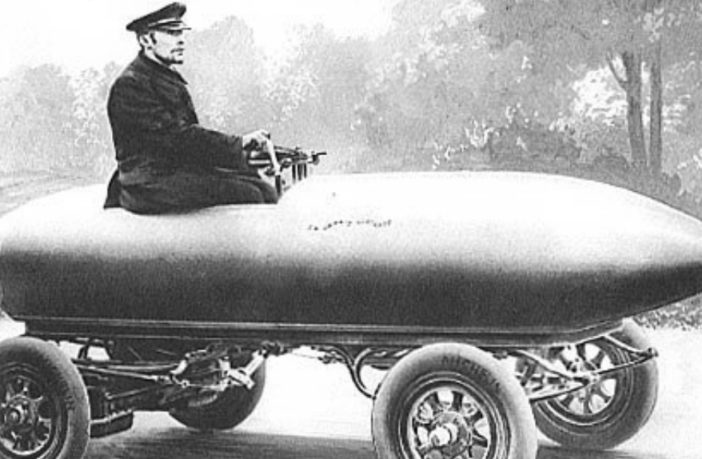Electric cars could not compete on today’s roads unless we get six factors right. These six are: initial purchase price, maintenance and electricity cost, depreciation of the primary battery, total cost of ownership including capital, and willingness of car dealers to participate.
How Electric Cars Could Not Compete after 1912

Electric cars were off to a good start in the U.S. in 1897. The Electric Storage Battery Company of Philadelphia subsidized twelve New York Electrobat electric hansom cabs. Taxi owners loved them because they did not have to crank them into life.
Moreover, their lead batteries were good for 25 miles between charging, based on a steady 20 miles per hour. Other manufacturers followed, including Anthony Electric, Baker, Columbia, Anderson, Edison, Riker, Milburn, Bailey Electric and others. However, the Elektrobat was to prove unsuccessful owing to the immense burden of its 1,600-pound battery.

Other models proved more successful for a while, although technology held them back because the batteries vented hydrogen gas. Despite this, six electric cars held the land speed record during the short era. Perhaps the most remarkable was the rocket-shaped La Jamais Contente, which translates to ‘The Never Satisfied’.
The short happy life of electric cars began to fade when Henry Ford introduced his Model T in 1908. Electric cars could not compete with it in terms of purchase cost, because he had mass production and volumes on his side. Moreover, gasoline cars became steadily cheaper with longer driving ranges between refueling. The arrival of electric starters in 1912 heralded the end of electric cars until 2004.
The 2004 Tesla Electric Car Revolution
Many companies have followed Elon Musk’s innovative lead, although we still do not have the six factors right yet. Electric vehicles are expensive, take too long to recharge, and there are few recharging stations in the public domain. Moreover, auto dealers say they take longer to sell than gasoline cars because of all the explaining. Thus, electric cars will be on the back foot for a while longer, unless government puts its foot down hard soon.
Related
History of Electric Cars: The Beginning
Greatest Challenge Facing Electric Cars
Preview Image: La Jamais Contente




